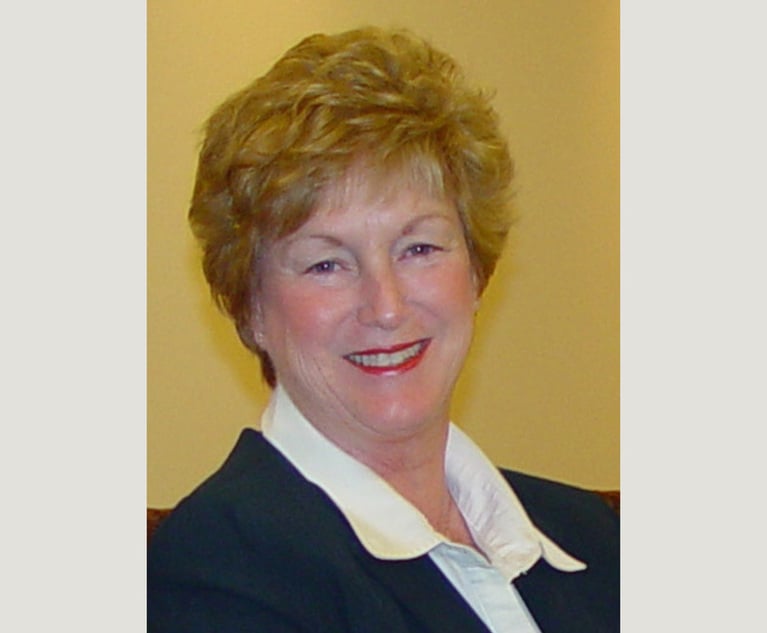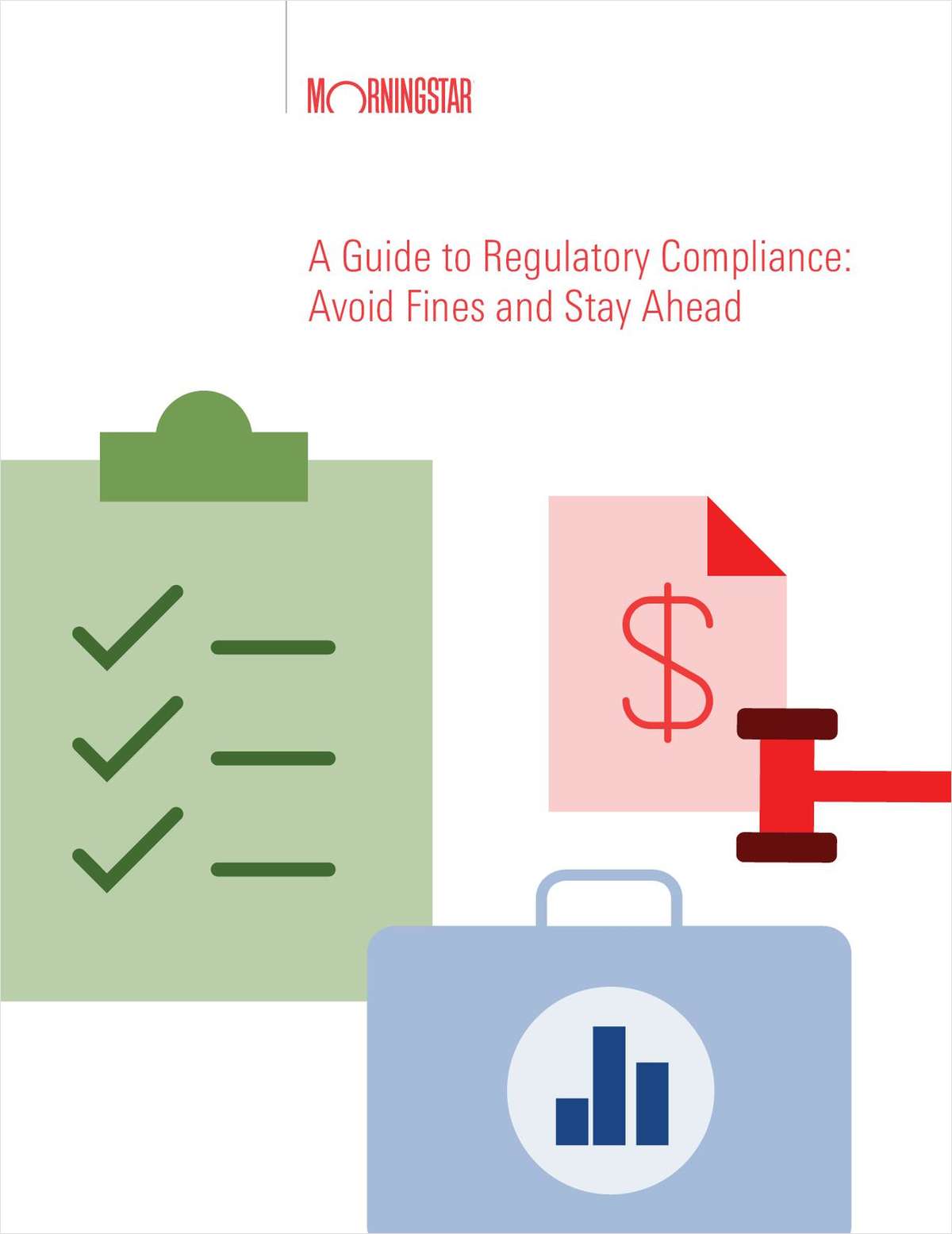An Anachronism Is Lurking in Connecticut General Statutes
We call on the Judiciary Committee of the General Assembly to propose to the Legislature either the elimination of the statutes dealing with attorney admission and discipline or update the provisions so they mirror what is currently provided for in the Practice Book.
March 23, 2018 at 10:59 AM
4 minute read
 The Merriam-Webster dictionary defines an anachronism as “a chronological misplacing of persons, events, objects or customs in regard to each other.” Connecticut's General Statutes have a number of provisions at Conn. Gen. Stat. §51-80 through §51-94 that meet this definition.
The Merriam-Webster dictionary defines an anachronism as “a chronological misplacing of persons, events, objects or customs in regard to each other.” Connecticut's General Statutes have a number of provisions at Conn. Gen. Stat. §51-80 through §51-94 that meet this definition.
It is commonly known among judges and attorneys that the judiciary is empowered to promulgate rules governing the regulation of the legal profession, including the admission and discipline of attorneys. The Rules Committee of the Superior Court annually proposes to the Superior Court judges at their annual meeting in June amendments to and/or additions to the Practice Book that deal with the admission and discipline of attorneys.
Per Article Fifth of the 1818 Connecticut Constitution, all three branches of government are called “Departments.” Decades ago and consistent with the wording of the state constitution, the judiciary called itself the “Judicial Department.” One court administrator believed that that name suggested that the judiciary was not a co-equal branch of government (it actually is not under a proper understanding of the constitutional jurisprudence concerning the state's separation-of-powers doctrine). Before the judiciary called itself the “judicial branch” rather than the “judicial department,” the Legislature, at the behest of the judiciary, would regularly update the general statutes to mirror the changes to the Practice Book that had been made by the Superior Court judges at their annual meeting.
When the judicial department called itself the “judicial branch” in an effort to appear as a co-equal branch of government, that kind of updating no longer took place on a consistent basis because the judiciary no longer thought the Legislature should be enacting any statutes dealing with the admission and discipline of attorneys. Therefore, what presently exist in the general statutes are outdated provisions concerning the admission and discipline of attorneys, which are not consistent with the provisions in the Practice Book dealing with those subjects.
For instance, the general statute provides only two and a half pages pertaining to the admission to the bar, consisting of three rules. In contrast, the Practice Book devotes 11 pages consisting of 28 rules. The provisions in the general statutes dealing with attorney discipline are completely different from the Practice Book provisions dealing with attorney discipline in the way local panels interact with the Statewide Grievance Committee. The Practice Book provisions set forth what appellate rights a respondent may have if there is a finding of probable cause, or a finding of discipline.
The general statutes are silent about any appellate rights. The Practice Book provisions dealing with attorney discipline have been amended in more than a dozen instances to reflect the role of the Office of Chief Disciplinary Counsel. The general statutes have no provision or provisions that create the Office of Chief Disciplinary Counsel. Finally, the deadlines for filings and reports differ in each set of rules.
One may argue that this anachronism is harmless because attorneys and judges know full well under the doctrine of separation of powers that the judiciary has primary—and in some cases, exclusive—jurisdiction in making rules regulating the legal profession. The problem is the general public is unaware of this fact. Hence, citizens sometimes rely on the general statutes. That reliance creates chaos in the world of attorney discipline, where resources are in short supply and funding has been curtailed.
We call on the Judiciary Committee of the General Assembly to propose to the Legislature either the elimination of the above-cited statutes dealing with attorney admission and discipline or update the provisions so they mirror what is currently provided for in the Practice Book.
This content has been archived. It is available through our partners, LexisNexis® and Bloomberg Law.
To view this content, please continue to their sites.
Not a Lexis Subscriber?
Subscribe Now
Not a Bloomberg Law Subscriber?
Subscribe Now
NOT FOR REPRINT
© 2025 ALM Global, LLC, All Rights Reserved. Request academic re-use from www.copyright.com. All other uses, submit a request to [email protected]. For more information visit Asset & Logo Licensing.
You Might Like
View All


Trending Stories
Who Got The Work
Michael G. Bongiorno, Andrew Scott Dulberg and Elizabeth E. Driscoll from Wilmer Cutler Pickering Hale and Dorr have stepped in to represent Symbotic Inc., an A.I.-enabled technology platform that focuses on increasing supply chain efficiency, and other defendants in a pending shareholder derivative lawsuit. The case, filed Oct. 2 in Massachusetts District Court by the Brown Law Firm on behalf of Stephen Austen, accuses certain officers and directors of misleading investors in regard to Symbotic's potential for margin growth by failing to disclose that the company was not equipped to timely deploy its systems or manage expenses through project delays. The case, assigned to U.S. District Judge Nathaniel M. Gorton, is 1:24-cv-12522, Austen v. Cohen et al.
Who Got The Work
Edmund Polubinski and Marie Killmond of Davis Polk & Wardwell have entered appearances for data platform software development company MongoDB and other defendants in a pending shareholder derivative lawsuit. The action, filed Oct. 7 in New York Southern District Court by the Brown Law Firm, accuses the company's directors and/or officers of falsely expressing confidence in the company’s restructuring of its sales incentive plan and downplaying the severity of decreases in its upfront commitments. The case is 1:24-cv-07594, Roy v. Ittycheria et al.
Who Got The Work
Amy O. Bruchs and Kurt F. Ellison of Michael Best & Friedrich have entered appearances for Epic Systems Corp. in a pending employment discrimination lawsuit. The suit was filed Sept. 7 in Wisconsin Western District Court by Levine Eisberner LLC and Siri & Glimstad on behalf of a project manager who claims that he was wrongfully terminated after applying for a religious exemption to the defendant's COVID-19 vaccine mandate. The case, assigned to U.S. Magistrate Judge Anita Marie Boor, is 3:24-cv-00630, Secker, Nathan v. Epic Systems Corporation.
Who Got The Work
David X. Sullivan, Thomas J. Finn and Gregory A. Hall from McCarter & English have entered appearances for Sunrun Installation Services in a pending civil rights lawsuit. The complaint was filed Sept. 4 in Connecticut District Court by attorney Robert M. Berke on behalf of former employee George Edward Steins, who was arrested and charged with employing an unregistered home improvement salesperson. The complaint alleges that had Sunrun informed the Connecticut Department of Consumer Protection that the plaintiff's employment had ended in 2017 and that he no longer held Sunrun's home improvement contractor license, he would not have been hit with charges, which were dismissed in May 2024. The case, assigned to U.S. District Judge Jeffrey A. Meyer, is 3:24-cv-01423, Steins v. Sunrun, Inc. et al.
Who Got The Work
Greenberg Traurig shareholder Joshua L. Raskin has entered an appearance for boohoo.com UK Ltd. in a pending patent infringement lawsuit. The suit, filed Sept. 3 in Texas Eastern District Court by Rozier Hardt McDonough on behalf of Alto Dynamics, asserts five patents related to an online shopping platform. The case, assigned to U.S. District Judge Rodney Gilstrap, is 2:24-cv-00719, Alto Dynamics, LLC v. boohoo.com UK Limited.
Featured Firms
Law Offices of Gary Martin Hays & Associates, P.C.
(470) 294-1674
Law Offices of Mark E. Salomone
(857) 444-6468
Smith & Hassler
(713) 739-1250











